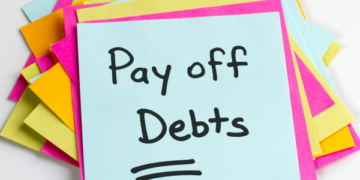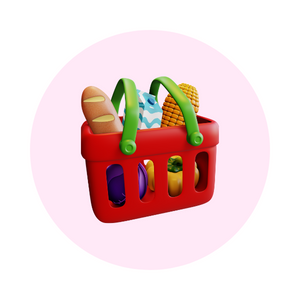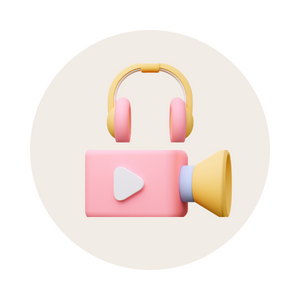Saving for a new car or paying off a car loan doesn’t have to feel like you are running up a hill with rocks on your back. It might seem like saving takes forever but if you put your funds on autopilot and use the tips below and get on with other jobs; your savings will stack up quickly. Just think about how quickly the year has gone and how busy you’ve been and you’ll get the point about a little direct debit weekly into a savings account – you forgot about. I always think to myself: ‘I wake up every year and it’s August!’ That’s how fast time flies. By leveraging the right systems and making smart money decisions, you’ll be sipping a latte or listening to tunes in your dream car in no time. Here are a few ideas get those savings up faster.
1. Supplement your savings with a smaller car loan
If your need for a car is urgent (i.e. and you don’t actually have one that’s running) there are few ways to get to your goal without having to wait too long. You could consider taking on a small, manageable loan – say half of the car’s total cost – and finance the other half through a company like Zoom Car Loans . This means you won’t be risking as much each week. You’ll be able to drop little Bobby off to school or go off on some awesome road trips or weekends away. Taking on a smaller car loan (and thus debt) will be much easier to repay and you’ll also have the extra cash to put petrol in your car for those trips.
2. Put your savings on steroids
If you want to put your savings on steroids put your money into a high interest savings account. These are great because they lock away your money while your savings increase faster. Just be careful of the catch with these. Any withdrawals can incur fees that make the whole idea void. Lock the account down so it only accepts checks and deposit and then leave set and forget.
3. Set up a budget and stick to it
Budgeting is a must if you are trying to save and there’s no excuse these days. There’s a plethora of great budgeting apps out there. Grab a free app and put it on the home screen of your phone. Many budgeting apps will send you notifications when you go over budget and also hook into your bank feed so you don’t even have to punch in the numbers yourself.
A good way to set up a budget is to go through last month’s spending on your bank account. Be ruthless and halve what you spent last month. See if you can live on that. Just imagine the savings if you halved last month’s spend. Be especially vigilant with groceries, petrol and utilities. Use tips and cheats sheets in the Savings Room to slash your expenses so you can stick to your budget. If you know how much you are spending, you can then effectively work out the amount you’ll be able to put away. Also consider giving up random spending like takeaways and eating out. Look for alternatives like taking the family to the park with a picnic prepared or making fish and chips at home, for example.
4. Break your goals down
Setting goals is the key to awesomeness when it comes to saving. People who are good at goal setting break their goals down into manageable chunks and set rewards. Don’t forget to also find tools for this job. A great tool I know of is GoalBuddy.com. It is free and a great little tracker for any goals you’d like to set in life. Finance goals are easier to achieve because you can set and forget them via direct debits. Make sure the bank account your savings are going into isn’t visible in your daily accounts. I use UBank for my savings, because you can apply names to the items you are saving for. For example, I’ve got one going there at the moment called ‘NZ Holiday Xmas.’ I’ve also got one set up for Christmas presents.
5. Get good at visualisation
Also create some visuals of your goals. For example, you could stick a picture of your dream car up on the wall in a place you will look at it daily. Visualisation is an extremely powerful tool and most of my successes in life have been achieved through visualisation techniques. Plus, dreams are FREE unlike many other things in life!
6. Make your goals fluid
From time to time unexpected things happen. It’s a good idea to have an emergency fund set up anyway for these but if you can’t manage this, recognise and have some flexibility in your goal setting. If you had an unexpected cost this week, just make sure that you deposit extra money in the coming weeks, so you can keep those goals on track.
Got any secret tips for putting more cash in your stash? Leave them in comments below.


 YOU
YOU





 Money
Money





 FOOD
FOOD





 FAMILY LIFE
FAMILY LIFE




 HOME & GARDEN
HOME & GARDEN







 ORGANISE
ORGANISE

 EVENTS
EVENTS





 LIFESTYLE
LIFESTYLE


















